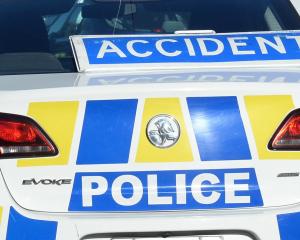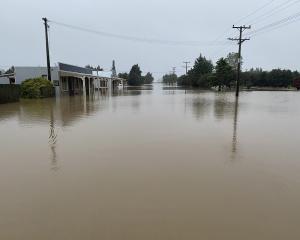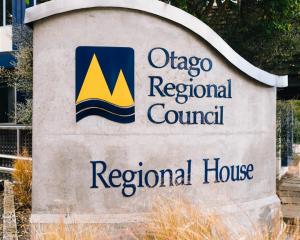
Ms Butler first wrote to the council in mid-August asking for evidence councillors had read peer review documents about the Awatea St stadium before deciding in June to commit $37.5 million of ratepayer funding to the project.
At the time, Ms Butler said she doubted councillors had read the documents before the vote, although council chairman Stephen Cairns assured her they had.
She wrote to the council under the Local Government Official Information and Meetings Act asking which peer reviews the councillors received, when they received them, who provided them, whether a meeting was held to discuss the reports, and whether the reviewers were invited to brief the councillors on their reports.
Councils have 20 working days to either provide the information or to say why they will not provide it.
The council missed that deadline, so Ms Butler approached the ombudsman's office.
She said the council was asked by an investigating officer to provide the information by 5pm last Friday but had not complied.
The council's failure to provide the information was a "really serious issue", she said.
"The peer review documents were important . . . as they were very damning of the estimated $188 million construction costs [and] are the only independent assessment of the construction costs we have.
''If the councillors made their decisions without reading those reports, they should reconsider.
''Without those reports, I don't think they have given the decision due diligence."
Mr Cairns said yesterday he had told Ms Butler "repeatedly" that councillors had the peer reviews at the June meeting.
He said he knew nothing about the delivery of information requested by the ombudsman as he had "handed that over to staff".
Chief executive Graeme Martin said yesterday he did not know whether there had been any correspondence or verbal communications with the ombudsman's office, whether any information had been sent to Ms Butler, or which staff member in his organisation was dealing with the request.
Asked if he would find out which staff member was handling the request, he said he "was not going to inquire today as he was too busy" but might be able to make inquiries this afternoon.
"There have been a sequence of requests for information and, apparently, some have not been replied to.
''People will work it through."
When told Ms Butler maintained the ombudsman had asked the council to provide the information by 5pm on Friday, he replied: "Have they? That's good to know."
When the Otago Daily Times suggested Mr Martin did not appear to be taking Ms Butler's request for information seriously, Mr Martin replied he was.
"We taking it very seriously.
''We will be responding to the ombudsman first, to Bev Butler second, and to you [the ODT] third."
What is an ombudsman?
The word ombudsman is Swedish and loosely translated means grievance person.
A New Zealand Ombudsman independently investigates complaints about decisions made by central and local government agencies; investigates official information complaints against Ministers of the Crown and central and local government agencies; and provides information and guidance to employees who wish to report serious wrong-doing in their workplace.
New Zealand has two ombudsmen, Beverley Wakem and David McGee.
They supervise offices in Auckland, Wellington and Christchurch.












